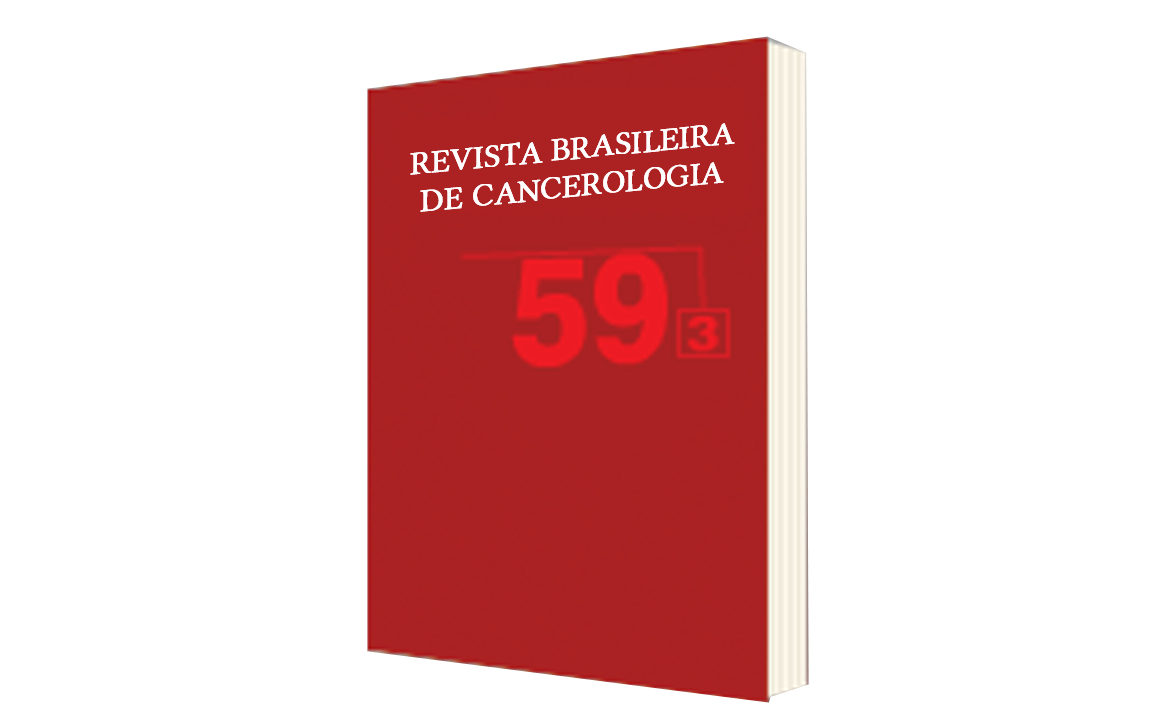Exploring potentialities for the creation of a social support network for Portuguese- Speaking women with breast cancer and who live in Toronto, Canada
DOI:
https://doi.org/10.32635/2176-9745.RBC.2013v59n3.514Keywords:
Breast Neoplasms-ethnology, Networking Social, Social Support, Emigration and Immigration, Qualitative ResourceAbstract
Introduction: Health indicators tend to be altered due to the participation of people in social networks. Objective: To find out ideas of individuals belonging to Portuguese speaking communities in Toronto, Canada, about the possibility of creating a social support network for women experiencing breast cancer. Method: Nineteen participants of the present ethnographic and critical study answered to questions, providing their opinions regarding to the social support network and its positive and negative aspects. Also, the participants suggested other possible individuals who could participate and help in the creation of such network. Discussions were transcribed, analysed and coded using qualitative software called Atlas ti 6.0. Results: The main components for the creation of the social support network were: the demystification of breast cancer and its prevention, emphasis in health education, dissemination of the need of volunteers and a direct social support to those women. The positive aspects were the participation of oldest women as social leaders and the utilization of schools and religious institutions for publicity. Negative aspects that were perceived as barriers are: the belief that breast cancer is a disease lived by women, the lack of knowledge about its cure and rehabilitation, as well as a collective sensitiveness to it. Also, about the participation of community leaders, the suggestions were: diplomats, priests and pastors, schools directors and communication entrepreneurs. Conclusion: The creation of the social support network should consider the cultural sensitiveness and the inner diversity of the consulted Portuguese speaking communities. Due to the insufficient number of Angolan participants to sustain a major analysis, a special recommendation was that Angolan social leaders and professionals should be invited to design the structure of such network according to their specific cultural traits.









